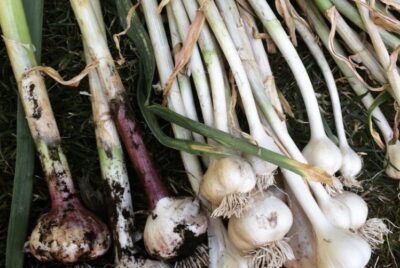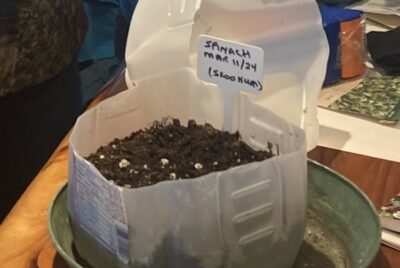RESEARCH
Can Simulated Green Exercise Improve Recovery From Acute Mental Stress?
Summary
This study examined whether simulated “green exercise” (cycling with nature sounds and/or visuals) could improve recovery from acute mental stress compared to exercise alone or simply resting. The experiment involved inducing stress in participants and then assigning them to different recovery conditions: rest, exercise, exercise with nature sounds, exercise with nature visuals, or exercise with both. The researchers measured mood and perceived stress levels immediately after the stressor, after the recovery intervention, and again after a 10-minute rest period.
The results indicated that all forms of simulated green exercise led to greater improvements in mood and perceived stress compared to exercise alone or rest. Notably, visual nature elements seemed to have the strongest impact on recovery. These findings suggest that incorporating nature, particularly visual aspects, into exercise routines could be a valuable strategy for faster recovery from acute psychological stress.







